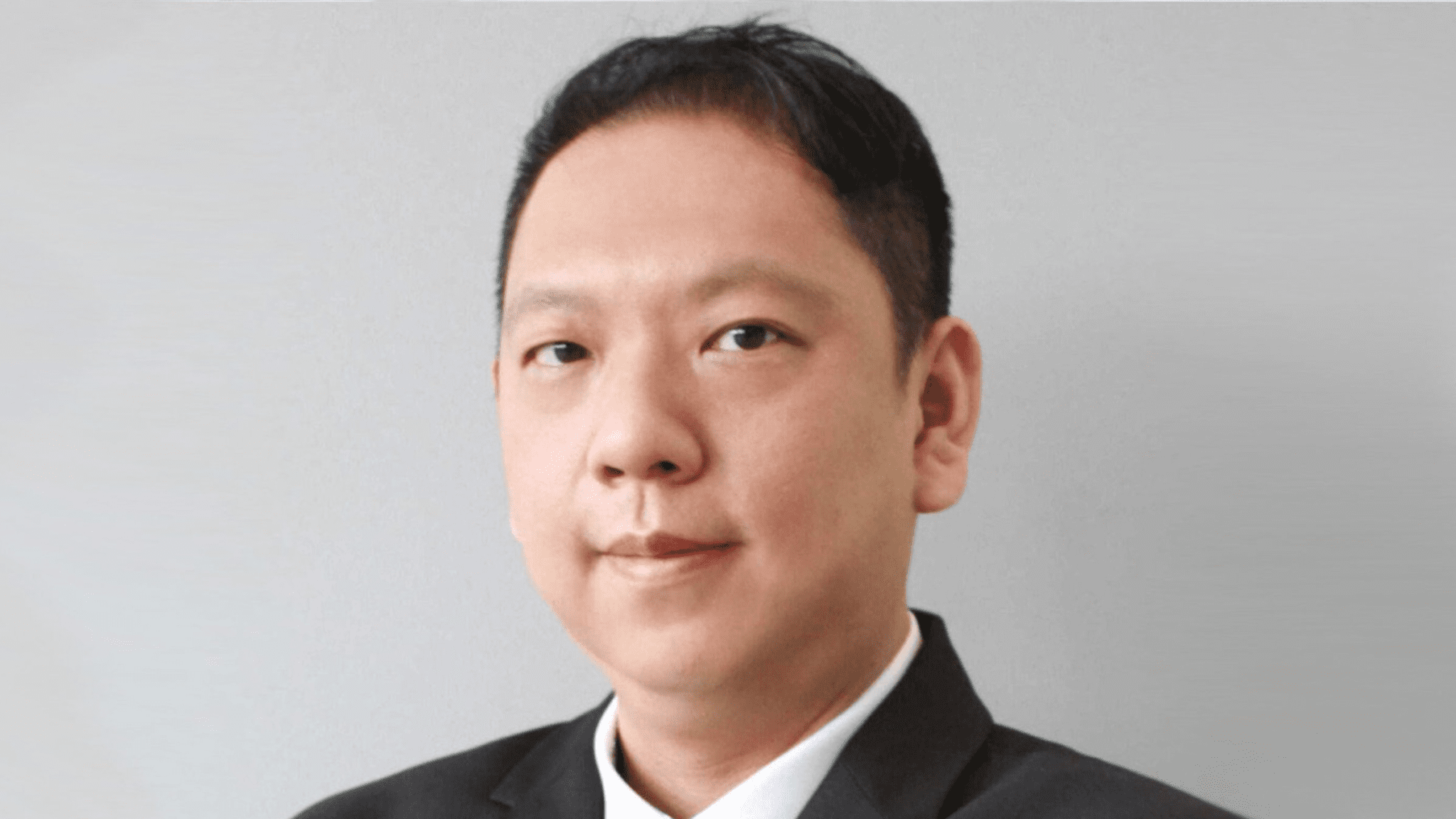
Sonny Hsiao, Acepodia CEO
Acepodia uncorks a very early win for its antibody-natural killer cell conjugates in HER2 tumors
Can the antibody-drug conjugate model be applied to an off-the-shelf NK cell therapy? Acepodia uncorked preliminary Phase I data at #ESMO21 that suggest the answer …
Sign up to read this article for free.
Get free access to a limited number of articles, plus choose newsletters to get straight to your inbox.